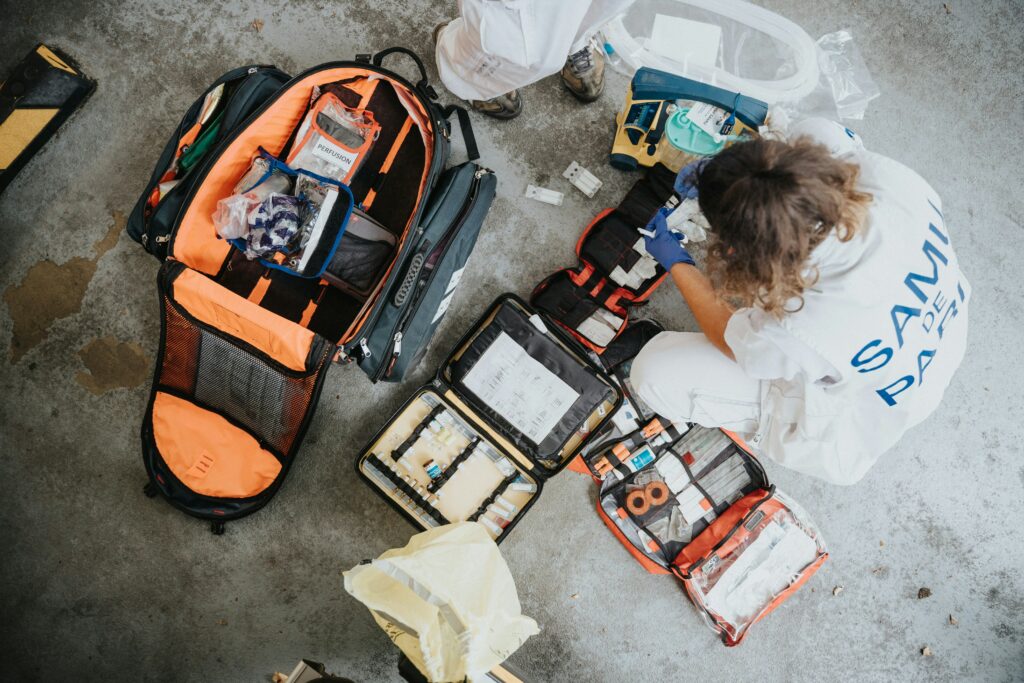In Louisiana’s emergency medicine landscape, a significant transformation is underway as healthcare providers grapple with the escalating crisis of mental health emergencies. Beyond traditional physical traumas, emergency departments across the state are confronting a surge in psychological distress, reflecting national trends and necessitating a paradigm shift in care delivery. This shift underscores the critical importance of recognizing mental health emergencies as medical emergencies, requiring specialized attention, resources, and a compassionate approach to care.
The Rise of Mental Health Emergencies
Recent years have seen Louisiana facing a stark rise in mental health crises, placing immense pressure on emergency departments to serve as frontline responders to individuals experiencing acute psychological distress. From debilitating anxiety and depression to profound suicidal ideation and psychosis, the spectrum of mental health emergencies presents complex challenges that demand urgent attention and specialized care. Moreover, the COVID-19 pandemic has exacerbated existing mental health issues, highlighting the need for proactive strategies to address the growing demand for mental healthcare services in Louisiana’s emergency departments.
Addressing the Crisis
To effectively address mental health emergencies, emergency medical professionals in Louisiana are undergoing specialized training to enhance their ability to recognize and respond to these complex crises. Armed with expertise and empathy, these caregivers are equipped to deliver timely interventions and provide referrals to appropriate resources, offering critical support to individuals in their time of greatest need. Additionally, innovative approaches such as telepsychiatry and mobile crisis units are being implemented to extend the reach of mental health services and provide timely interventions in communities across the state.
Challenges and Strains on Mental Healthcare Infrastructure
However, the state’s mental healthcare infrastructure faces significant strains, with shortages in psychiatric beds and community resources exacerbating the burden on emergency departments. The resulting challenges highlight the urgent need for expanded mental health services and improved collaboration between emergency medicine and mental healthcare providers to ensure that individuals in crisis receive the comprehensive support they require. Efforts to address these challenges include advocating for increased funding for mental health services, expanding access to crisis stabilization units, and developing alternative models of care delivery to alleviate pressure on emergency departments.
Collaborative Solutions
Efforts to destigmatize mental illness and promote early intervention are central to addressing the root causes of mental health emergencies and fostering a healthier, more resilient Louisiana community. By fostering collaboration between emergency medicine and mental healthcare providers, as well as advocating for increased resources and support, Louisiana is working toward a more integrated and effective response to mental health emergencies. Moreover, community-based initiatives aimed at raising awareness, providing education, and enhancing access to mental health resources play a crucial role in reducing the prevalence of mental health crises and improving outcomes for individuals experiencing mental illness.
Charting a Path Forward
As Louisiana’s emergency medicine community navigates the complex landscape of mental health emergencies, there is both challenge and opportunity. Through ongoing training, advocacy, and partnership-building, the state is poised to strengthen its response to mental health crises, offering hope and healing to individuals in their darkest moments. With a commitment to compassionate and comprehensive care, Louisiana is charting a path forward toward a healthier and more resilient future for all its residents.
